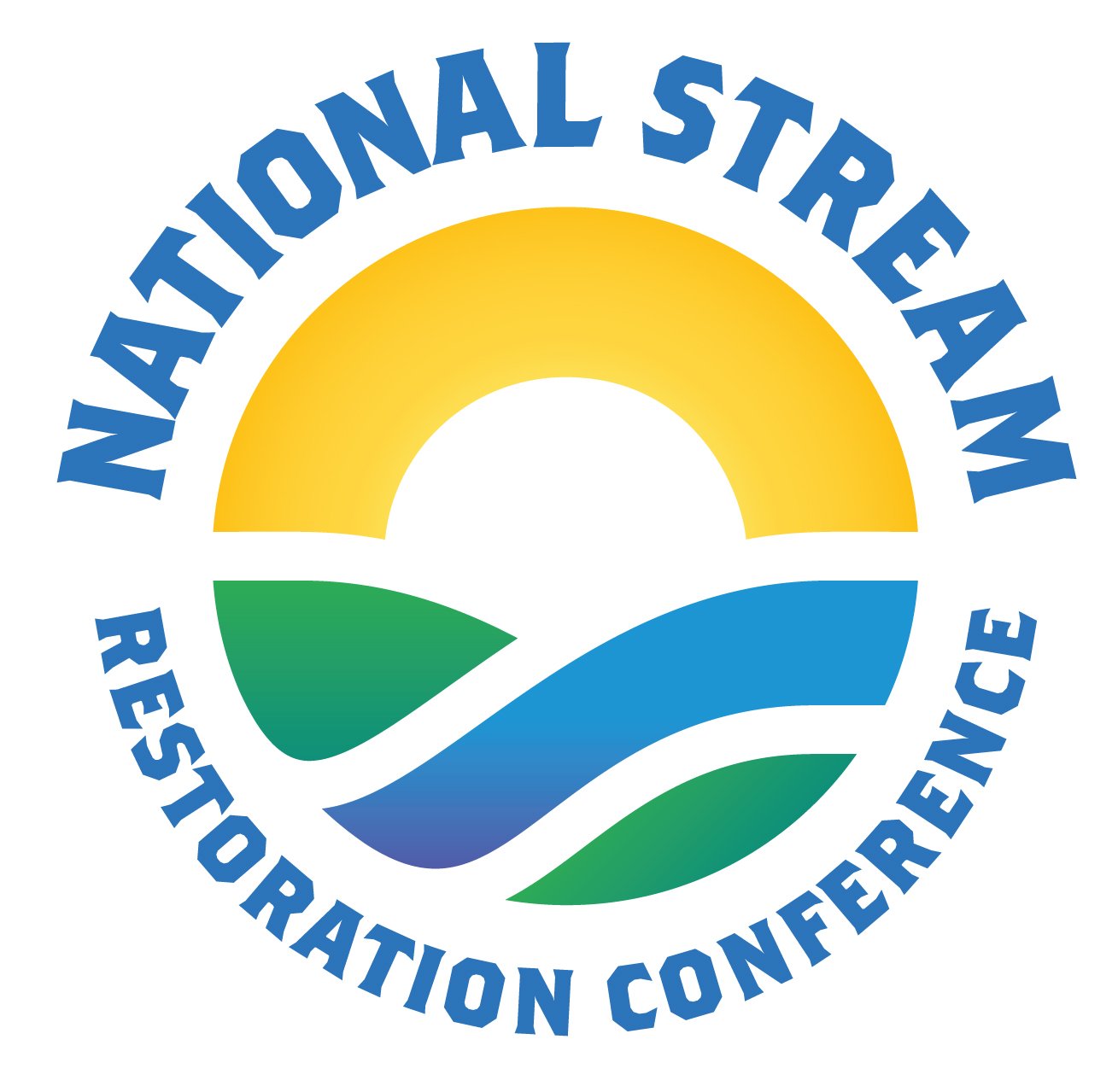Silvicultural Methods to Increase Survival and Growth of Planted Riparian and Wetland Woody Vegetation
Jason Steele, PhD, PWS
Freese and Nichols, Winston-Salem, NC
Virginia Polytechnic Institute and State University, Blacksburg, VA
Virginia Department of Forest Resources and Environmental Conservation
Additional Authors: W. Mike Aust and John Seiler
Freese and Nichols, Inc., Winston-Salem, NC
Virginia Polytechnic Institute and State University, Blacksburg, VA
Virginia Department of Forest Resources and Environmental Conservation
Survival and growth of planted tree species are typically critical indices use to evaluate the success of wetland restoration efforts used to compensate for wetland losses. Unfortunately, such restoration efforts on marginal agricultural lands have typically resulted in less than satisfactory survival and growth of desired tree species. In an attempt evaluate techniques that could potentially enhance survival, this study was designed to evaluate combinations of five mechanical site preparation techniques (mound, bed, rip, disk, pit), four levels of planting stock (gallon, tubeling, bare root, and direct seed), and three planting aids (mat, tube, none) on the four-year survival and growth of American sycamore planted on an old field riparian area in the Piedmont of Virginia. After four growing seasons, results indicate that a combination of mounding and gallon treatments provide the most positive influences on survival and growth indices (diameter, heights) and resulted in the greatest aboveground dry biomass accumulation. These treatments appear to be economically viable for restoration and mitigations efforts and could potentially offer other economic alternatives such as short rotation woody crops that might make restoration efforts in marginal old field areas more attractive to private landowners.
About Jason Steele
Jason is a Senior Environmental Scientist with Freese and Nichols in Winston-Salem, NC, where his work includes wetland assessment and restoration design, permitting, and threatened and endangered species surveying and habitat assessment. Jason holds a Bachelor of Science in Biology from West Virginia University, and a Master's and Doctorate in Forestry from Virginia Tech.

